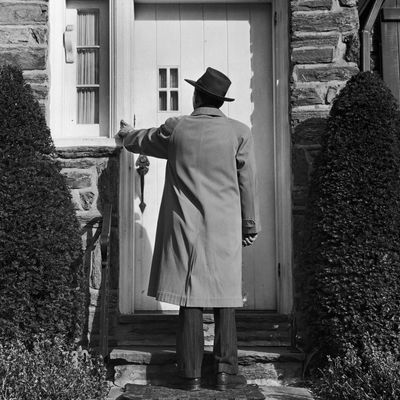
One way to get someone to do something: Make them think it was their idea. If you want to get even more specific about it, a refreshingly helpful line of research in psychology can assist with that. One recent study, spotted earlier today by science writer Rolf Degen, finds that if you preface a request with four particular words — “You will probably refuse” — people will be more likely to agree to whatever it is you’re assuming they’ll refuse.
In an experiment, researchers asked people to donate money to charity. Some of those people were asked this way: “You will probably refuse, but I wonder if you could help us by making a donation.” Others were simply asked directly. Overall, most people did, in fact, decline. But those who heard the request prefaced by those four words were more likely to donate — 39 percent of these participants gave some money, as compared to 25 percent of the study volunteers who were asked straightforwardly.
People like it when you give them an out, a common-sense notion that is at the heart of something called reactance, a decades-strong theory in psychology that says most people have a strong aversive reaction to restriction. “In 1966, famed psychologist Jack W. Brehm led children to believe that they could choose between a number of candy bars,” Degen explained in a December 2015 post. “When the experimenter threatened the freedom to choose candy bar X by stating that candy bar X should not be chosen, children instantly became set on the discarded option.” Conversely, when people feel like they are free to choose not to do something, it seems to increase their willingness to go ahead and do it, anyway.
You could easily apply this idea to your work or home life. Or, you know, don’t. Either way. Totally up to you.

